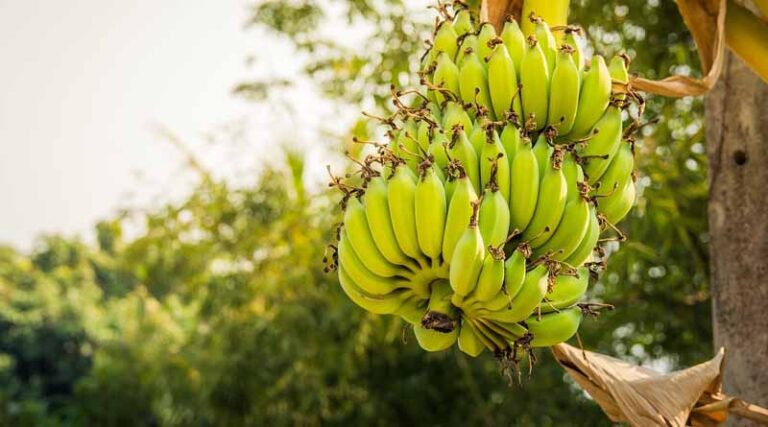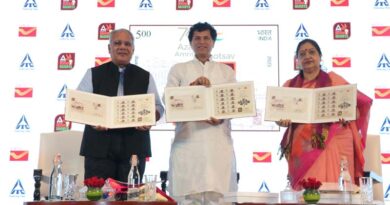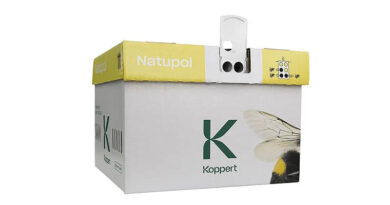
Australia Tests Disease-Resistant Banana Variety Amid Global Threat
03 November 2025, Australia: A groundbreaking banana variety developed by the Queensland University of Technology (QUT) is showing remarkable resilience against the devastating Panama disease in Australia’s Northern Territory. These bananas, which have been growing for nearly ten years in soil infected with Tropical Race 4 (TR4), offer hope for an industry under threat worldwide.
The genetically enhanced variety, named QCAV-4, is the first banana approved for commercial cultivation in Australia with built-in resistance to TR4. According to lead researcher Professor James Dale from QUT, the variety is ready for commercial release, pending industry uptake. “If it reaches plantations in the Northern Territory by 2027, it would be a major milestone,” he said.
The key to this resistance lies in a gene called MamRGA2, sourced from a wild banana relative, Musa acuminata ssp. malaccensis. Once transferred into the popular Cavendish variety, the gene enables early detection of the TR4 fungus, triggering a defence response that prevents the plant from being fatally infected. QCAV-4, like commercial bananas worldwide, is propagated through suckers rather than seeds, reducing the chance of it spreading uncontrolled.
Panama disease, caused by the soil-dwelling fungus Fusarium oxysporum, has been a persistent threat to global banana cultivation since the 1960s. It spreads silently and can remain in soil for decades, making affected land unsuitable for banana farming without resistant plants. In Australia, growers like Leon Collins from Queensland’s Tully Valley have witnessed its unpredictable nature. “It can appear anywhere – at the top of a field or the bottom,” he noted.
At Darwin Fruit Farms near Humpty Doo, where TR4 contamination is severe, QCAV-4 plants have outlasted regular Cavendish bananas by more than five years. Farm manager Mark Smith confirmed the trial’s success: “They’re still thriving after seven years, while traditional plants give in after just 18 months.”
Despite its potential, widespread planting of QCAV-4 remains on hold. Smith says the focus is still on trial production rather than scaling up, partly due to limited stock of the plants. “We haven’t yet trialled large-scale production,” he added.
A 2022 Food Standards Australia New Zealand (FSANZ) survey showed mixed public sentiment, with nearly half the participants expressing concern about genetically modified foods. Reflecting this, the Australian Banana Growers’ Council says no immediate commercial rollout is planned.
Meanwhile, global interest in QCAV-4 is rising. Banana growers in Central and South America and the Philippines—regions hit hard by TR4—are tracking its progress closely. “There’s growing international attention because TR4 is threatening banana supplies worldwide,” Dale said.
Also Read: EPA Issues Proposed Registration Decision for Biotalys’ EVOCA™ Biofungicide
📢 If You’re in Agriculture, Make Sure the Right People Hear Your Story.
From product launches to strategic announcements, Global Agriculture offers unmatched visibility across international agri-business markets. Connect with us at pr@global-agriculture.com to explore editorial and advertising opportunities that reach the right audience, worldwide.






